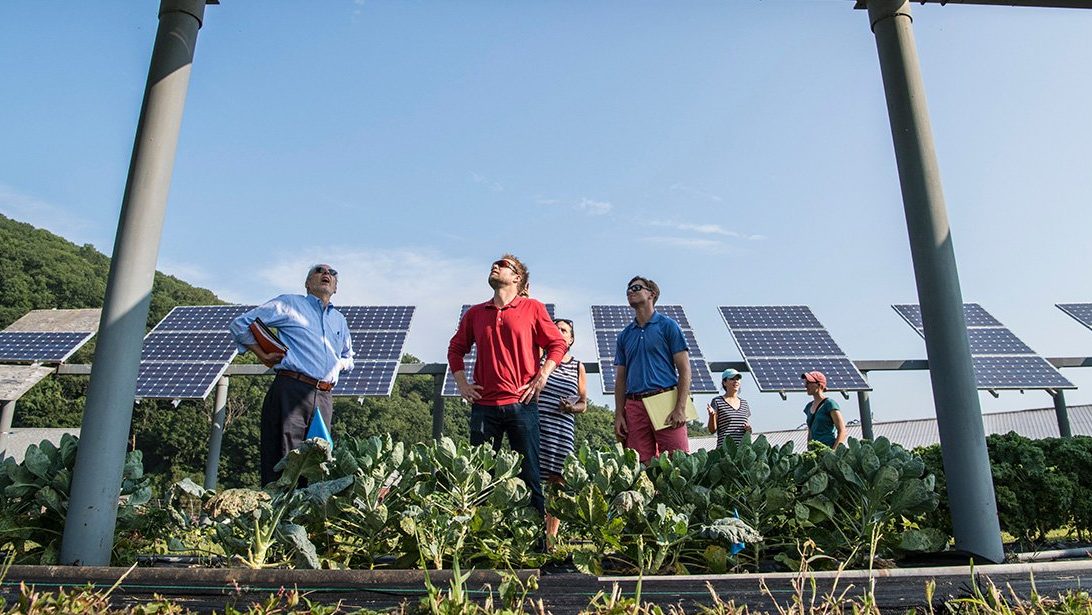17 ambitious sustainability goals have one thing in common: they need data, both to monitor progress and to develop new solutions. Open data will be a key component in this effort.
Agenda 2030 is the colloquial term for the 17 Sustainable Development Goals (SDGs) adopted by the UN General Assembly in 2015. As the name suggests, the aim is to meet the goals by 2030. There are targets for everything, ranging from eradicating world poverty to strengthening global partnership.
Common to all targets is of course the need for data to check whether they are being met and the pace of their implementation. This requires technological solutions, processes and, not least, a work force to collect, store, process, analyse and present the data.
However, data management is more than just that – in many cases, data is a key resource for finding solutions to meet the 17 goals. Let us look at two obvious examples of how open data can contribute.
Sustainable energy requires data
Goal number seven is to ensure that everyone has access to reliable, sustainable and modern energy at an affordable cost. Put simply, the smart use of renewable energy sources such as the sun and wind is key in achieving this goal.
This is already being worked on in Sweden. The STUNS Foundation in Uppsala, for example, aims to increase interest in sustainable energy sources, not least among property owners. Data is necessary to achieve this, and to make comparisons between different new technological solutions.
STUNS has chosen to work with open data to publish information on, for example, the installation of solar cells. By doing so, they hope to spread awareness and thereby increase the use of sustainable energy sources.
Another example is the Swedish Energy Agency, which in its report “Energipilot Gotland” presents a study of how a system of sustainable energy could be introduced on Gotland. There are plenty of examples here of how publishing open data can help address the challenges at hand.
Sustainable cities are built with data
Perhaps an even clearer example of open data’s value can be observed in Goal 11, creating sustainable cities and communities. Here, too, work is well underway in Sweden, notably as part of the Sharing Cities initiative. KTH, among others, is a contributor to this.
Data as a resource is a recurring theme. It involves managing environmental, social and economic factors, add to that facilitating the creation of new business models. It is about both disseminating information to facilitate comparisons and increase interest, as well as about data as the basis for new processes. Sharing Cities has found that open data is an effective tool for spreading and sharing data.
More than “just” UN goals
Most of the 17 UN goals are relevant to Swedish conditions, to varying degrees. A recurring aspect is the need to improve the efficiency of public services. Here, too, the management of data in general and open data in particular are integral part of creating new solutions.
A major challenge over the next ten years will be to build new technological solutions, processes and operations where data management contributes both to specific global goals, such as the 17 UN goals, and to the efficiency of the Swedish public sector. Since the purpose of open data is to facilitate the sharing and distribution of data, open data is a good starting point for finding new solutions.
Smart digitalisation in the public sector
In “5 challenges for digitalisation of the public sector – here’s the way out of the data jungle”, we take a deep dive into the precarious situation in which the public sector finds itself. In addition to highlighting the challenges, we also provide concrete suggestions on how data sharing can be part of the solution. Download our white paper free of charge.

